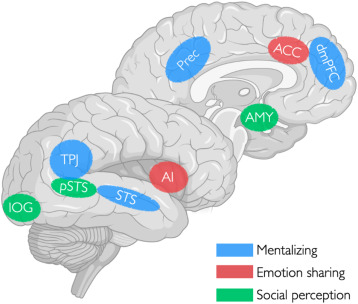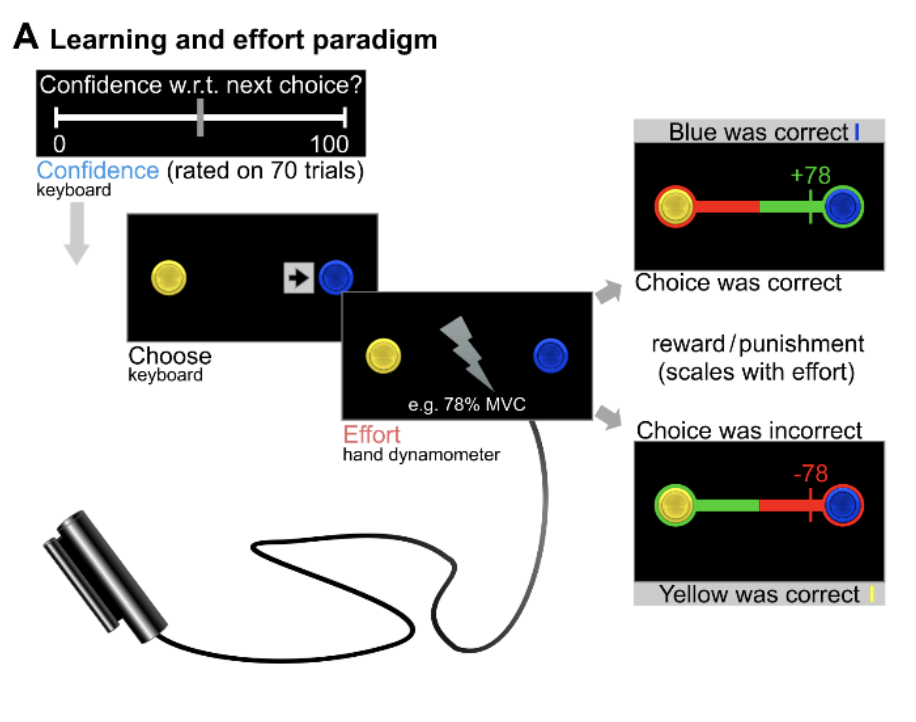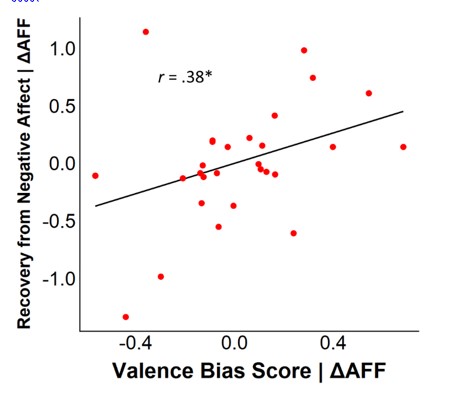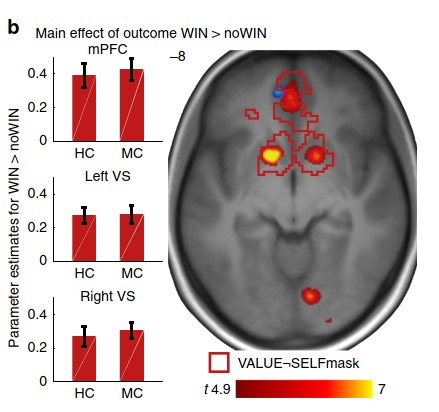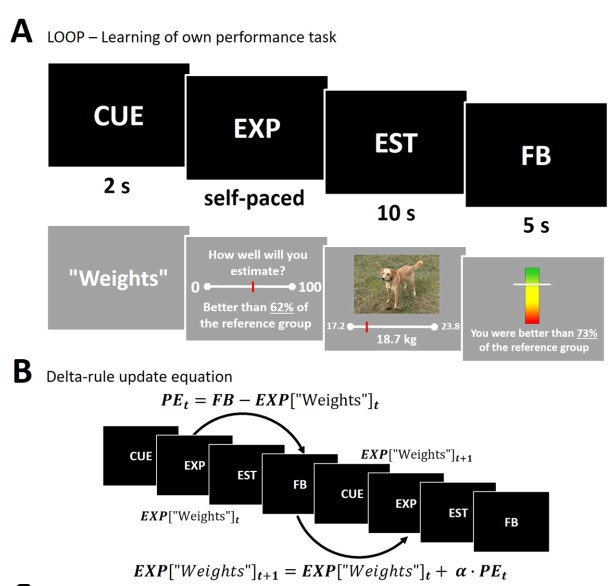Neurocomputational mechanisms of affected beliefs
Abstract The feedback people receive on their behavior shapes the process of belief formation and self-efficacy in mastering a particular task. However, the neural and computational mechanisms of how the subjective value of self-efficacy beliefs, and the corresponding affect, influence the learning process remain unclear. We investigated these mechanisms during self-efficacy belief formation using fMRI, […]
Neurocomputational mechanisms of affected beliefs Read More »

